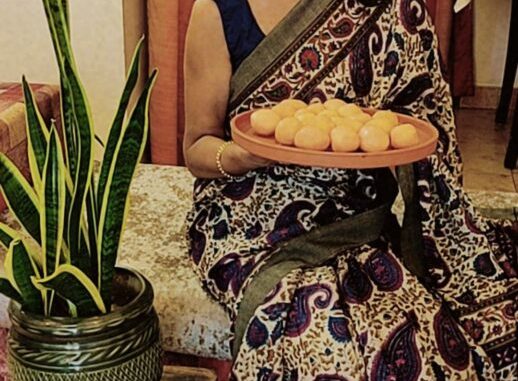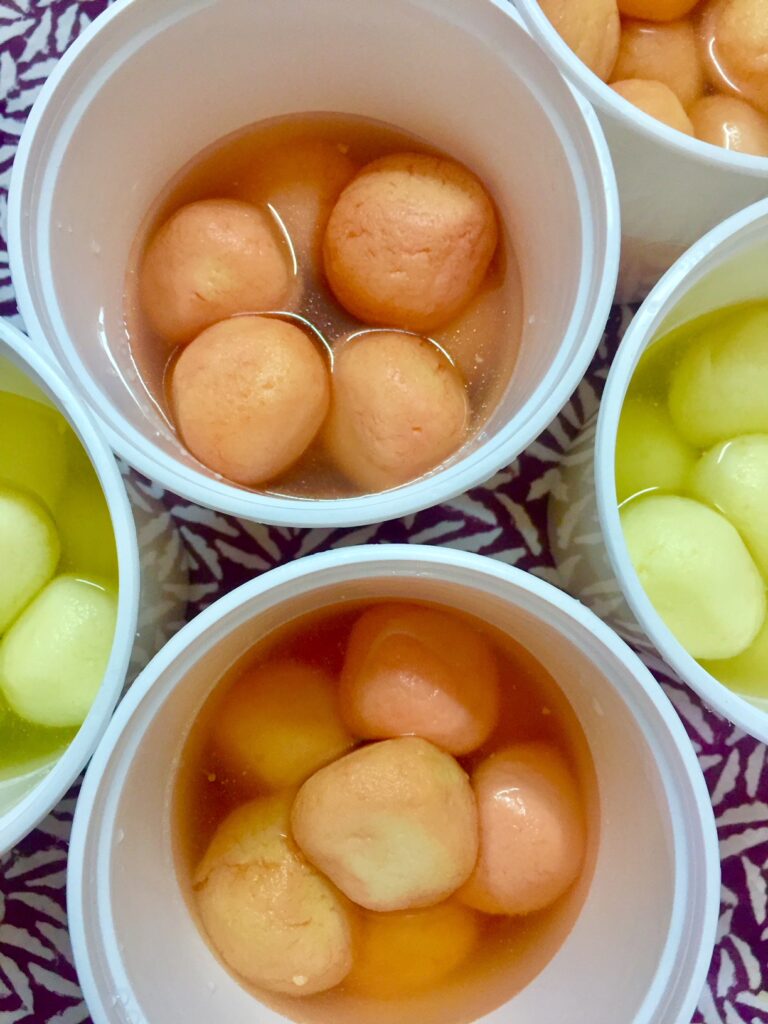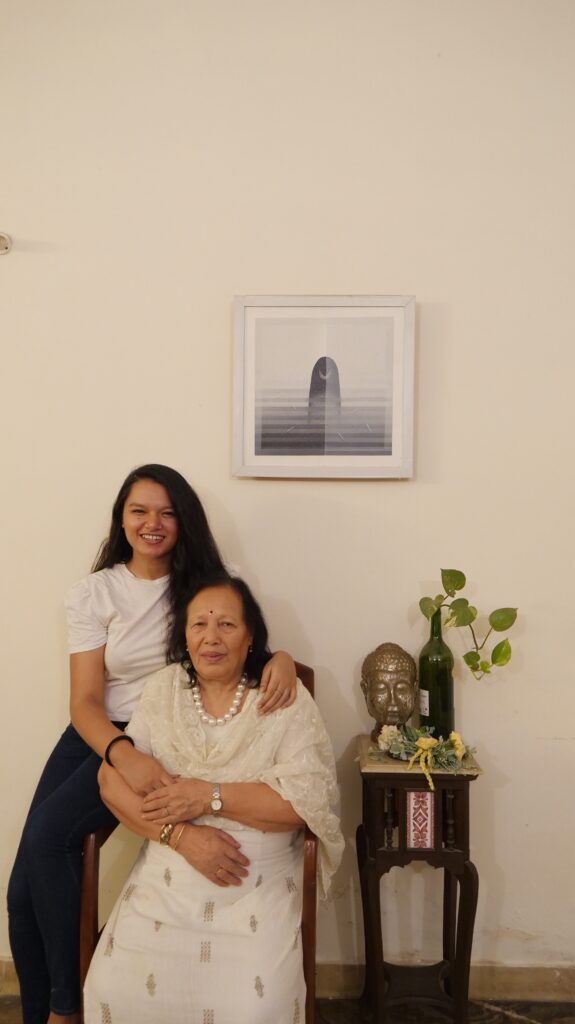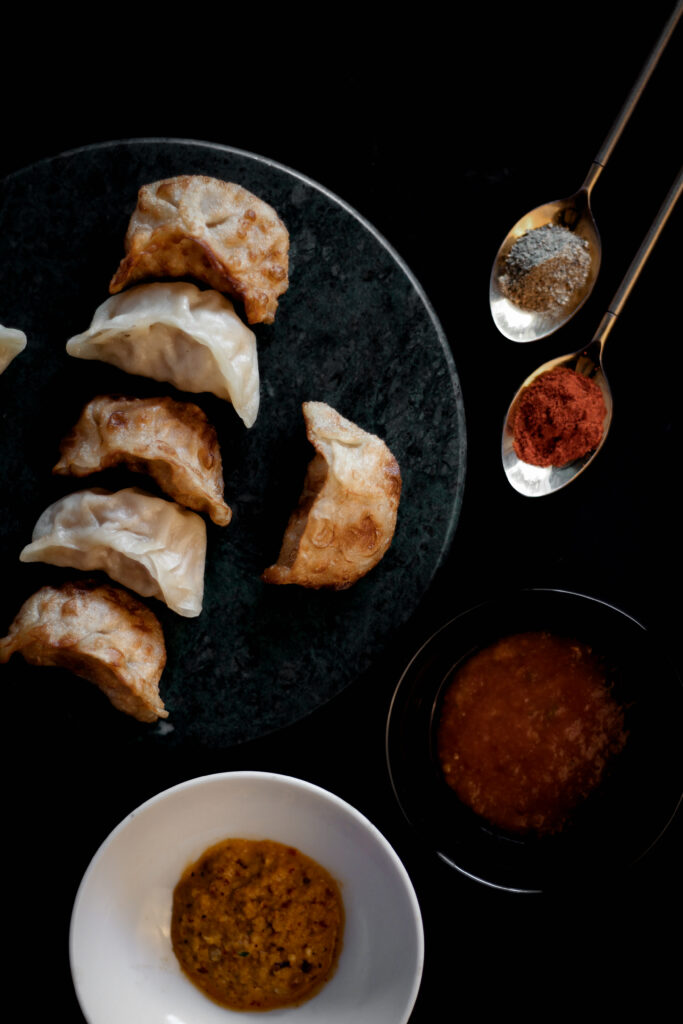
An unorganized sector that makes up 65 percent of India’s food industry is benefiting in recent months as people avoid restaurants and opt for food cooked by home chefs.
In India, home chefs fall under the “unorganized” sector of the food industry.
According to the India Food Services Report 2019 by the National Restaurant Association of India, the unorganized sector was worth INR 275,512 crore ($37 billion) in 2018-19, with a 65 percent share of the overall food service market. It is projected to grow at 6 percent to INR 341,877 crore ($46 billion) in 2022-2023.
The Indian food tech industry is booming overall, and home chefs, delivery partners and aggregators all want a piece of the profit pie.
A January report by Google and the Boston Consulting Group states that the Indian online food ordering industry, now valued at $4 billion, is expected to hit $8 billion by 2022.
This fast growth, spurred by rising internet penetration, high ordering frequency and greater reach, has gained momentum during the pandemic when homebound folks have opted to order in to break the monotony of everyday fare. And it’s not just restaurants that have benefited from this, but also home chefs who have customers dialing in for hygienic home-cooked food and exotic regional cuisine.

Delhi-based home chef Shubhra Sengupta Talwar, whose menu at Shubhra’s Kitchen is heavily tilted toward authentic Bengali recipes with a few dishes from other regions, is surprised that 90 percent of her customers are not from Bengal.
“While the basic Bengali fare like fish curry, dal (lentil soup), Calcutta biryani and kosha mangsho (a rich goat curry) is popular with everyone, we have converted people over to vegetarian delicacies like tok dal (tangy lentil soup) and dhokar dalna (lentil fritter curry) as well. Of course, our flavored roshogollas (an iconic Bengali dessert) are a big hit.”
Talwar, who launched her venture in July after much prodding from friends and family who have relished her cooking for years, is a recent entrant into the home chef sector. She is pleased at the way her business has picked up.
“When we began, we were getting 8-10 orders a day,” said Talwar. “Now we service up to 14-16 orders, excluding the sporadic orders we decline during the weekdays. As we only operate on the weekends, meals have to be pre-booked by Thursday. This allows us to procure fresh vegetables, meat, dairy and other ingredients according to the orders received, which means zero waste. This has helped us make profits right from the start.
“I have realized that the winning formula is ‘good food and good pricing,’” said Talwar. “Don’t overprice your dishes and serve good portions. Also, it’s important to keep your initial investment low, as I did.”
Tushar Garg and Radhika Garg, founders of The Yummy Idea, an aggregating platform that connects home chefs and foodies, decided to enter the home chef market in January 2019.
“We realized that the home chef sector has immense potential and we wanted to get a foothold in the market. The idea was to promote unique flavors from the home kitchens of homemakers and self-taught chefs, provide them a wider market base, and offer an opportunity to turn their passion into their profession.”
All chefs registered with The Yummy Idea undergo mandatory health and hygiene training by Food and Safety Training and Certification every three months. The company has more than 1,500 registered home chefs on the app and more than 250 subscribed chefs across 30 cities. It now plans to add home chef partners in tier-II (non-metro) cities.

Karishma Nath Thapar, a young entrepreneur based in Delhi, launched Homekitchens.in, a delivery app catering to home chefs, in the middle of the pandemic.
“I was aware of the risk, but since our launch in July we have successfully delivered home-cooked food to over 100-plus orders. We also have 25 home chefs and bakers on board,” said Thapar. “I launched Homekitchens.in during the pandemic because I wanted to provide a platform to empower home chefs during this difficult time. At the same time, I wanted to cater to those who wanted to eat fresh, flavorsome and hygienic food from a home chef.”
The pandemic has provided an opportunity for culinary enthusiasts of all ages to test the waters of the home chef segment. While Talwar started her business at 60, Chitrangada Gupta, a digital marketing executive from Delhi, jumped into the sector at age 22 with her venture, Boju’s Kitchen. It delivers momos (dumplings filled with meat or vegetables) in and around the National Capital Region.

Gupta also managed to involve her 82-year-old grandmother (boju means grandma in Nepali, Gupta’s mother tongue), Maiyya Thapa, into her scheme of things.
“Momos are very popular in Delhi and the best ones are made by my mom and my boju,” said Gupta. “During the lockdown, my friends used to crave momos and they would drop in just to eat the momos made by my mom. That got me thinking that we could start a home kitchen just for momos.”
Gupta coaxed her grandmother to part with her recipe, but the octogenarian would only allow her name to be used if Gupta could prove that she had mastered the art of making momos.
“I did, finally, pass muster under the stern tutelage of my boju … ,” said Gupta. In addition to the authentic momos, “we will soon be adding an authentic Nepali pork curry meal to the menu.”

Gupta, who started with just six orders a day, now serves 9-10 on weekdays and 18 orders a day on weekends. She intends to scale up operations by getting a proper food license, setting up a cloud kitchen to take up more orders, and partnering with a food delivery app.
“We’ve been getting a lot of good feedback and it feels great to know that someone has enjoyed our food,” said Gupta. “One of my favorite memories is of the time when a pregnant lady messaged us on Instagram at 9 p.m. saying that she was craving momos. Now, 9 p.m. is too late for us since our last order leaves by 8 p.m., but since she was craving them, we made an exception and got it delivered to her.”
(Edited by Siddharthya Roy and Judith Isacoff)
The post Home Chefs Stirring Up Food Scene In India appeared first on Zenger News.
